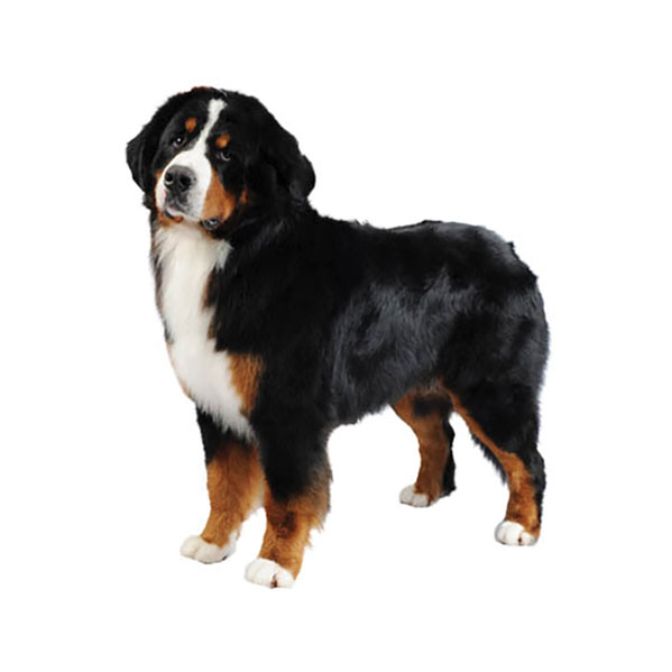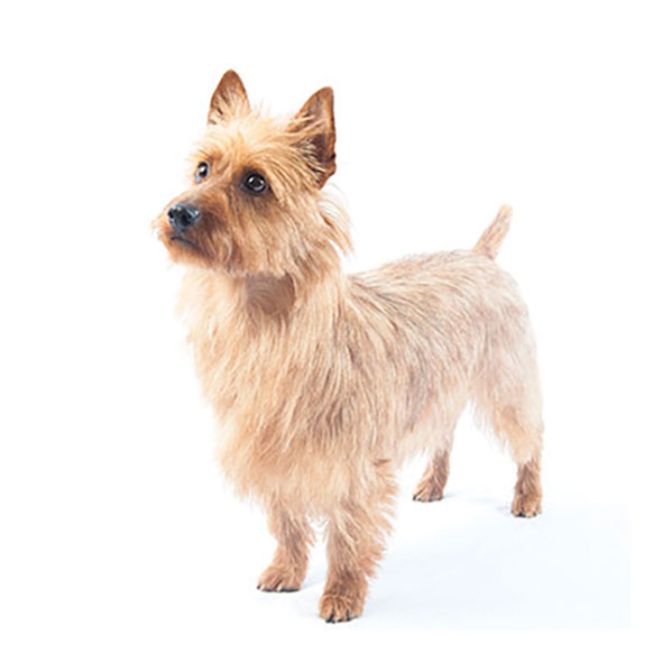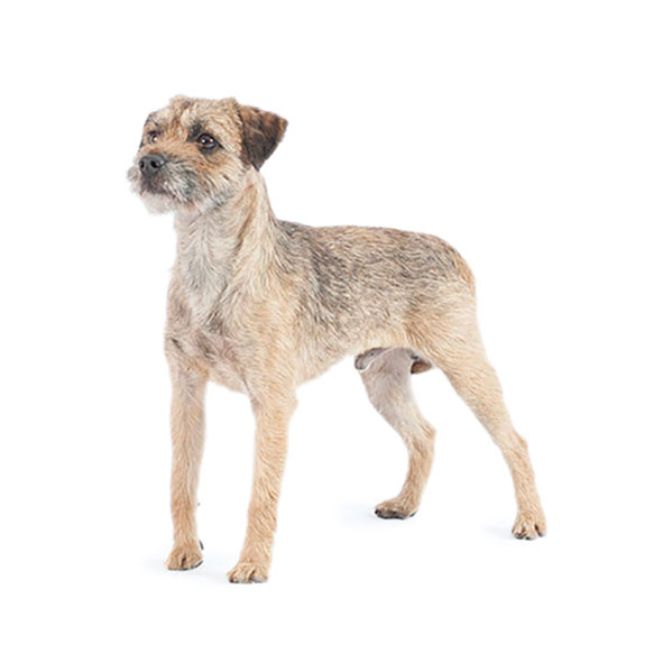Bernese Mountain Dog
The Bernese Mountain Dog, known for its striking appearance and gentle nature, originates from the Swiss Alps. These dogs were initially bred as farm workers, capable of herding cattle and pulling carts. In Australia, Bernese Mountain Dogs have gained popularity due to their friendly demeanor and adaptability to family life.
Large
Medium
Females between 58 to 66 cm at the withers, males between 64 to 70 cm tall
Medium
40 to 44kg
Herding, Drafting, Carting, Conformation
Bernese Mountain Dogs are renowned for their calm and affectionate temperament. They are known to be good with children and other pets, making them excellent family companions. Their loyalty and protective nature ensure they are devoted guardians, yet they are not aggressive. Early socialization and training are crucial to develop their gentle nature.
Bernese Mountain Dogs are large, sturdy dogs who possess a strong build, with males typically weighing between 38-50 kg and females slightly smaller. Their expressive eyes and friendly expression contribute to their charm. Bernese Mountain Dogs are known for their intelligence, which makes them trainable but also requires mental stimulation.
The average lifespan of a Bernese Mountain Dog ranges from 7 to 10 years. Unfortunately, they are prone to certain health issues, which can affect their longevity. Regular veterinary check-ups and a healthy lifestyle can help extend their life.
The primary color of Bernese Mountain Dogs is black, complemented by white markings on the chest and face, along with rust-colored markings on the legs and above the eyes. This striking coloration is one of the breed's most appealing features and is consistent across the breed.
Bernese Mountain Dogs have a thick double coat that sheds moderately throughout the year, with heavier shedding occurring in spring and fall. Regular grooming is essential to manage shedding and keep their coat healthy. Brushing them at least once a week can help minimize loose hair around the home.
Common health concerns for Bernese Mountain Dogs include hip and elbow dysplasia, certain types of cancer, blood disorders, and progressive retinal atrophy. Responsible breeding practices and regular health screenings are vital to ensure a healthy dog. Potential owners should be aware of these issues and consider adopting from reputable breeders.
A balanced diet is crucial for the health of Bernese Mountain Dogs. High-quality dog food formulated for large breeds is recommended to support their growth and maintain their weight. Portion control is essential to prevent obesity, which can exacerbate health problems.
The Bernese Mountain Dog has a rich history as a working dog in Switzerland, primarily used for herding and guarding livestock. Their popularity grew in the early 20th century, leading to their recognition by various kennel clubs worldwide, including Australia.
Bernese Mountain Dogs are known for their gentle giants' reputation. They are often referred to as "Berners" and are celebrated for their affectionate nature. These dogs thrive on companionship and do not fare well when left alone for long periods. Their adaptability to various living conditions makes them suitable for both urban and rural settings in Australia.





